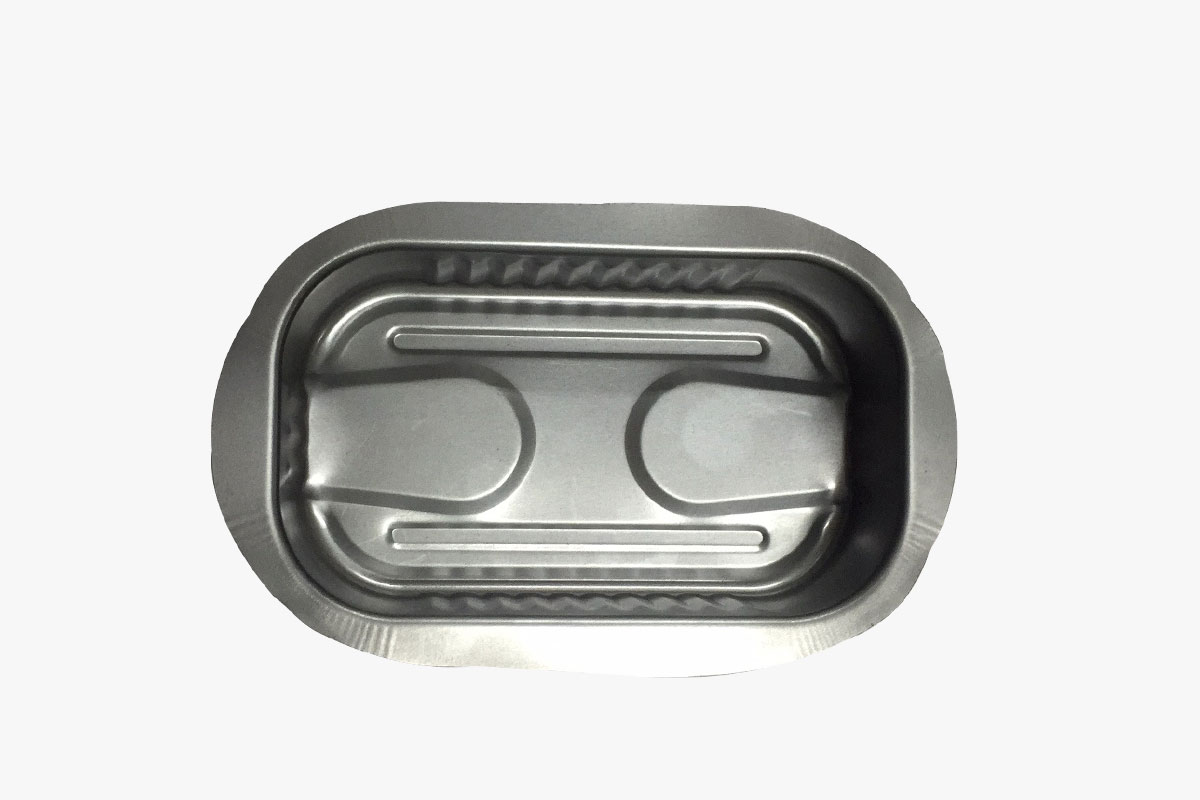

Tinplate Cans for Sustainable Packaging When making can […]
Tinplate Cans for Sustainable Packaging
When making cans, tinplate is a great option for sustainable packaging. It is a great option for food preservation, as canned foods have comparable vitamins and minerals to those in fresh produce. Furthermore, canned vegetables do not require refrigeration and are easily prepared in the same manner as fresh produce. In addition, tinplate cans are a great way to preserve fresh produce because they are protected from light and air. Here's how it works.
As a metal, tinplate is an excellent choice for many products, including cans, milk bottles, and bottle crown caps. Its superior formability and corrosion resistance makes it an excellent choice for different types of cans. Additionally, tinplate is suitable for a variety of industrial processes. Despite being widely used, it has a few disadvantages. First of all, tinplate is not compatible with soldering, so it is not ideal for some applications. Second, tinplate will corrode in humid environments. Lastly, TFS tends to rust, so it is best to use it as soon as possible after unpackaging. Therefore, it is important to paint all the external and internal surfaces of a tinplate can to avoid corrosion.
Overall, the global tin-plated cans market is expected to grow by over 20% CAGR over the next five years, with the adoption rate of on-the-go food consumption boosting the market. Moreover, with the growing popularity of on-the-go food consumption, beverage packaging manufacturers are working to reduce the size of their packs. Besides, can have been preferred over other packaging materials for safe food storage for centuries. They protect food from moisture, bugs, and microorganisms.
Modern-day tin cans are made of aluminum and other metals that are not pure tin. Although tin is a common metal, it is rare and expensive. There are only a few tin mines left in the world. Thus, scientists predict a shortage of tin in the near future. And, this is why it is so important to recycle all tin-plated cans.
Tinned food and products containing tin are the leading cause of cancer and other serious health issues in children. In the UK alone, nearly 2.5 million cans of tinned food are consumed each year. Although there is a risk of tin contamination in these products, the risks of exposure are low and not worth the added risk. It is important to know the dangers of tin exposure before purchasing products made from tinplate cans.

Recommended Products